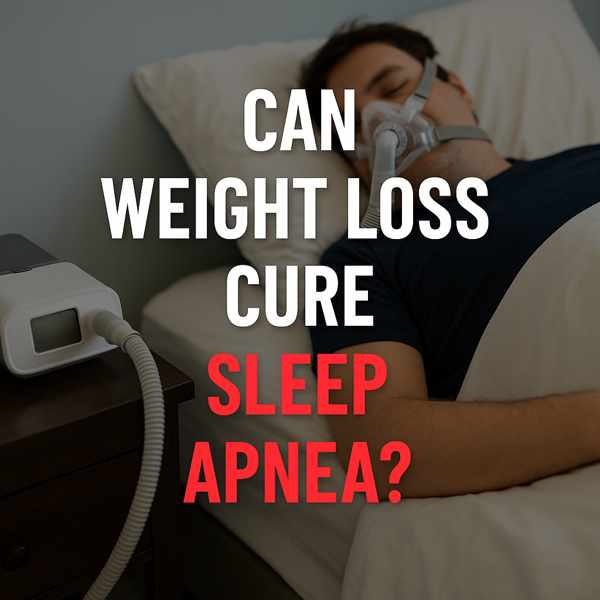Does Losing Weight Help with Sleep Apnea?
Does Losing Weight Help with Sleep Apnea?
Blog Article

Many people with sleep apnea experience snoring, daytime fatigue, and health complications.
While not always a complete cure, weight loss often improves symptoms of sleep apnea significantly.
Causes and Symptoms of Sleep Apnea
The most common form is obstructive sleep apnea (OSA), caused by blocked airways.
Common symptoms include:
- Loud snoring
- Interrupted breathing patterns
- Difficulty staying alert during the day
- Morning headaches or dry mouth
Why Excess Fat Matters
Fat deposits in the throat may narrow the airway, making it more likely to collapse.
Key risk factors include:
- High BMI (Body Mass Index)
- Narrows the airway path
- Poor muscle tone in the throat
Is It Possible to Eliminate Symptoms Naturally?
Especially in individuals with mild to moderate OSA, lifestyle changes can be very effective.
Possible benefits of weight loss:
- Improved nighttime breathing
- Reduced risk of waking up during sleep
- Less need for CPAP machines or surgery
- Feel more rested and alert
However, weight loss may not cure sleep apnea in all cases — especially if anatomical issues or severe OSA are present.
Realistic Expectations
Studies show that losing just 10% of body weight can reduce OSA severity by up to 50%.
Tips:
- Start with small, achievable goals
- Combine diet and exercise
- Track your sleep changes
Lifestyle Changes That Help
Effective strategies:
- Limit sugar and processed carbs
- Exercise regularly (cardio + strength)
- Helps open up the airway naturally
- These relax throat muscles and worsen apnea
Working with a nutritionist or sleep specialist can provide more personalized support.
Other Treatments Besides Weight Loss
While weight loss is helpful, it may not fully resolve sleep apnea for everyone.
- CPAP therapy (Continuous Positive Airway Pressure)
- Custom-fitted mouthpieces to reposition jaw and tongue
- To remove excess tissue or reposition structures
Final Thoughts on Weight Loss and Sleep Apnea
For those whose weight loss and sleep apnea is linked to weight, shedding pounds is often a powerful, non-invasive solution.
Talk to your healthcare provider, make informed decisions, and take proactive steps toward better health and rest. Report this page